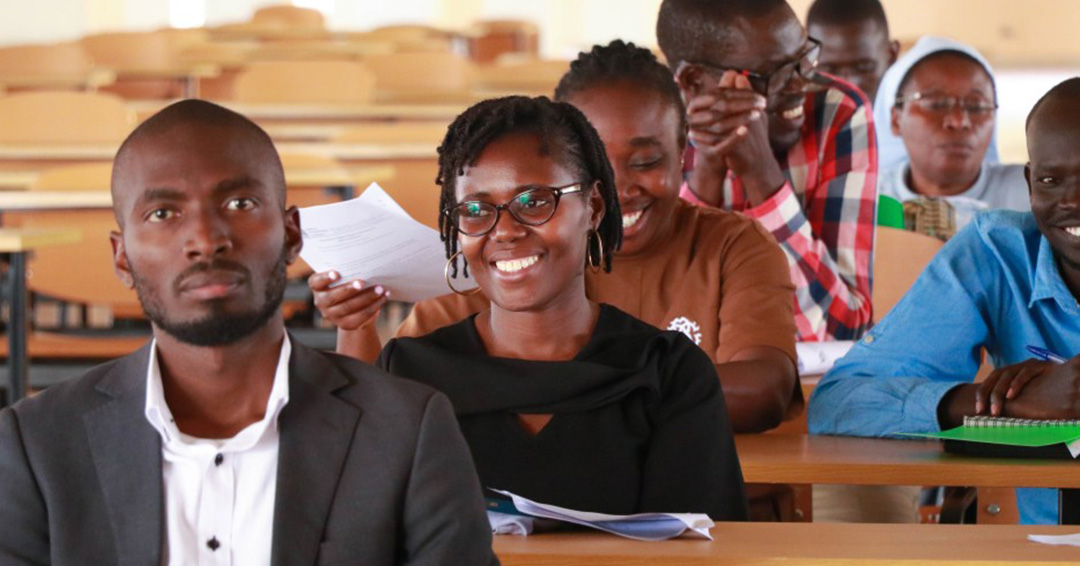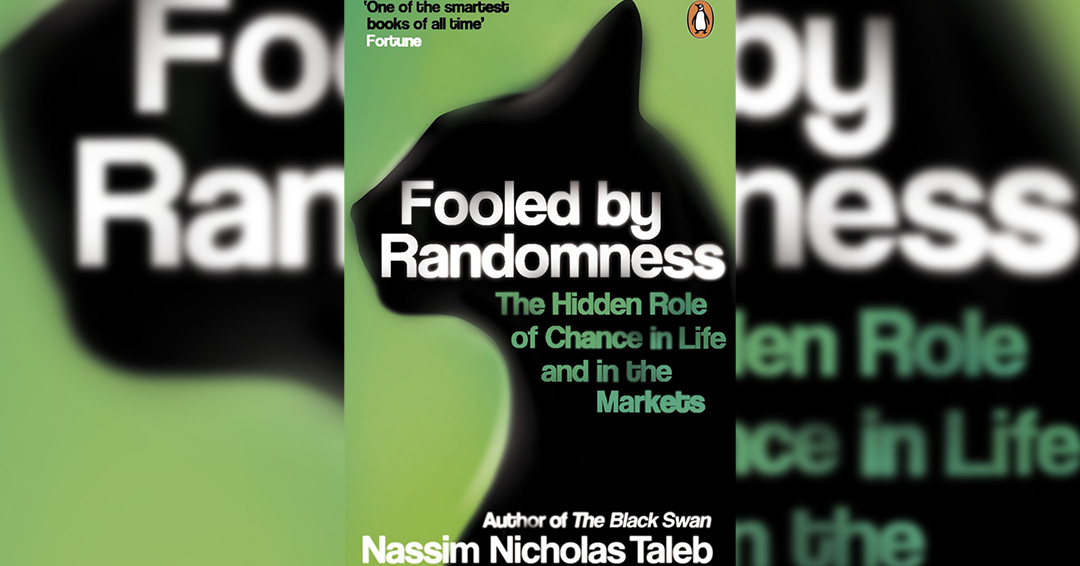
Sep
KIU Holds Orientation for August Intake Postgraduate Students
September 16, 2024, 4:24 am
 Administrator
Administrator

By Rogers Wanambwa
KIU, Main Campus - Following the events that unfolded in the just concluded NRM primaries, I found that a lot of the information people get is always distorted in one form or the other.
I wondered why this happens in almost every aspect of life and I decided to look further into it and as fate would have it, Fooled by randomness was recommended to me by an acquaintance.
To explain the way information gets distorted and why, Nassim Taleb gives us quite a number of explanations like this one below:
cā¬Å?A journalist is trained in methods to express himself rather than to plumb the depth of thingscā¬ā?the selection process favours the most communicative, not necessarily the most knowledgeable. My medical doctor friends claim that many medical journalists do not understand anything about medicine and biology, often making mistakes of a very basic nature. I cannot confirm such statements, being myself a mere amateur (though at times a voracious reader) in medical research, but I have noticed that they almost always misunderstand the probabilities used in medical research announcements. The most common one concerns the interpretation of evidence. They most commonly get mixed up between absence of evidence and evidence of absence. How? Say I test some chemotherapy, for instance Fluorouracil, for upper respiratory tract cancer, and find that it is better than a placebo, but only marginally so; that (in addition to other modalities) it improves survival from 21 per 100 to 24 per 100. Given my sample size, I may not be confident that the additional 3% survival points come from the medicine; it could be merely attributable to randomness. I would write a paper outlining my results and saying that there is no evidence of improved survival (as yet) from such medicine, and that further research would be needed. A medical journalist would pick it up and claim that a one Professor N. N. Taleb found evidence that Fluorouracil *does not help*, which is entirely opposite to my intentions. Some naive doctor in Smalltown, even more uncomfortable with probabilities than the most untrained journalist, would pick it up and build a mental block against the medication, even when some researcher finally finds fresh evidence that such medicine confers a clear survival advantage.cā¬
It is a book for those that want to get to the bottom of things. Those that are not simply satisfied with the usual narrative.
Kampala International University,
Box 20000, Ggaba Road, Kansanga, Kampala